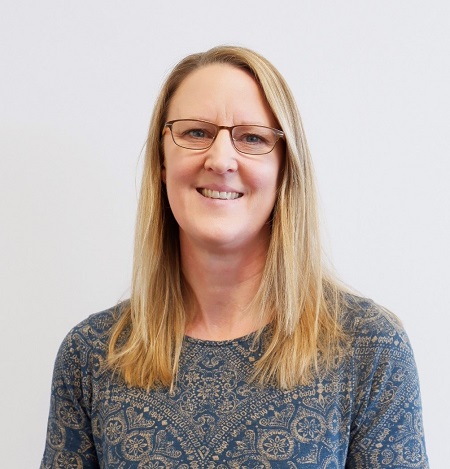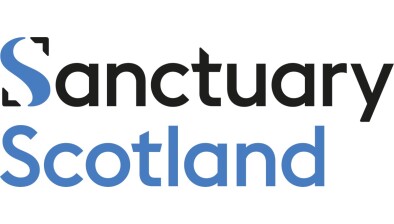Sarah Johnsen: Overcoming barriers to healthcare for people experiencing homelessness
I-SPHERE Professor Sarah Johnsen describes how a flexible and relational approach helps to overcome many of the barriers that homeless people face when accessing healthcare.

Professor Sarah Johnsen
As policy interest in inclusion health has escalated, there has been increased recognition that existing healthcare services often fail to meet the needs of people experiencing homelessness. A recent independent evaluation of an innovative pharmacist-led outreach service, conducted by I-SPHERE in collaboration with Dr Fiona Cuthill from the University of Edinburgh, has offered insights that can usefully feed into debates about how best to deliver healthcare for homeless people.
The Pharmacy Homeless Outreach Engagement Non medical Independent Rx (‘PHOENIx’) service is delivered by a small team of clinical prescribing pharmacists employed by NHS Pharmacy Services in partnership with a dedicated worker from the Simon Community Scotland street team in Glasgow. The service has delivered clinics within a specialist medical centre for homeless people for a number of years, but has recently started offering ‘pop-up, drop-in’ outreach clinics in a range of local services, including day centres, an advice hub, and temporary accommodation settings such as hostels and B&Bs, as well as offering outreach on the streets.
Initial consultations can involve a holistic ‘health check’ assessment of physical and mental health, along with a medicines review, or an informal discussion focussing on a specific health-related issue that is of concern to the patient at that point in time. Patients’ health records can be accessed remotely and a plan is formulated with them regarding priority issues to be addressed. These might lead to actions such as prescribing medication, onward referral, and/or direct assistance with wound care. The street team worker helps to address housing, welfare benefits and other issues, as appropriate.
The evaluation concluded that the flexible and relational approach adopted was highly effective at engaging with homeless people who would otherwise ‘fall through the gaps’ of existing healthcare provisions. Significantly, the outreach element provides a critical bridge to both primary and secondary healthcare for people experiencing homelessness who are reluctant to utilise or physically unable to access alternative (mainstream and/or specialist ‘homeless’) healthcare.
The team’s proactive immediacy of response – including provision of prescriptions where relevant – was also considered a crucial ingredient, given the associated capitalisation of ‘windows of opportunity’ when patients are motivated to address healthcare needs. Patients welcomed the holistic nature of assessments and additional time available for consultations, as well as the informal, friendly, flexible and person-centred style of delivery adopted by the pharmacists and street team worker.
Together, these characteristics had helped patient interviewees to overcome many of the barriers to accessing healthcare that commonly affect people experiencing homelessness. Such barriers include, amongst other things: impaired mobility due to illness or disability; experience of stigmatised attitudes in mainstream healthcare settings; perceived risks to personal safety or recovery if encountering other users of specialist clinics; insufficient time in GP appointments for a comprehensive assessment of or response to multiple healthcare needs; and a lack of motivation to address health needs when homeless.
The PHOENIx service had encouraged some patient interviewees to elevate consideration of their health amongst their (many and often competing) priorities whilst experiencing homelessness. Some attributed improvements in health (at least in part) to the service and/or reported that their engagement had facilitated access to other services (e.g. accommodation). Some stakeholder interviewees attributed an observed increase in prescription adherence amongst the patient population to the service. Further to this, the service’s holistic approach to health was widely welcomed by patient and stakeholder interviewees, especially as regards the greater-than-usual attention granted to prevention and chronic condition management.
Notably, in the eyes of patients, the service’s distinctiveness, and greatest value, lies not so much in the clinicians’ professional identities or roles per se, but in the informal and flexible engagement approach employed. In short, what really ‘worked’ for them was the service’s relational approach, ‘stickiness’, and actions taken to do everything possible in the ‘here and now’.
These insights add further weight to a burgeoning call for greater investment in flexible approaches to healthcare delivery for homeless people and other excluded populations.
The full evaluation report may be downloaded here.
For further information about the PHOENIx service, contact Richard Lowrie on Richard.Lowrie@ggc.scot.nhs.uk.
This article was originally published on the I-SPHERE website.









